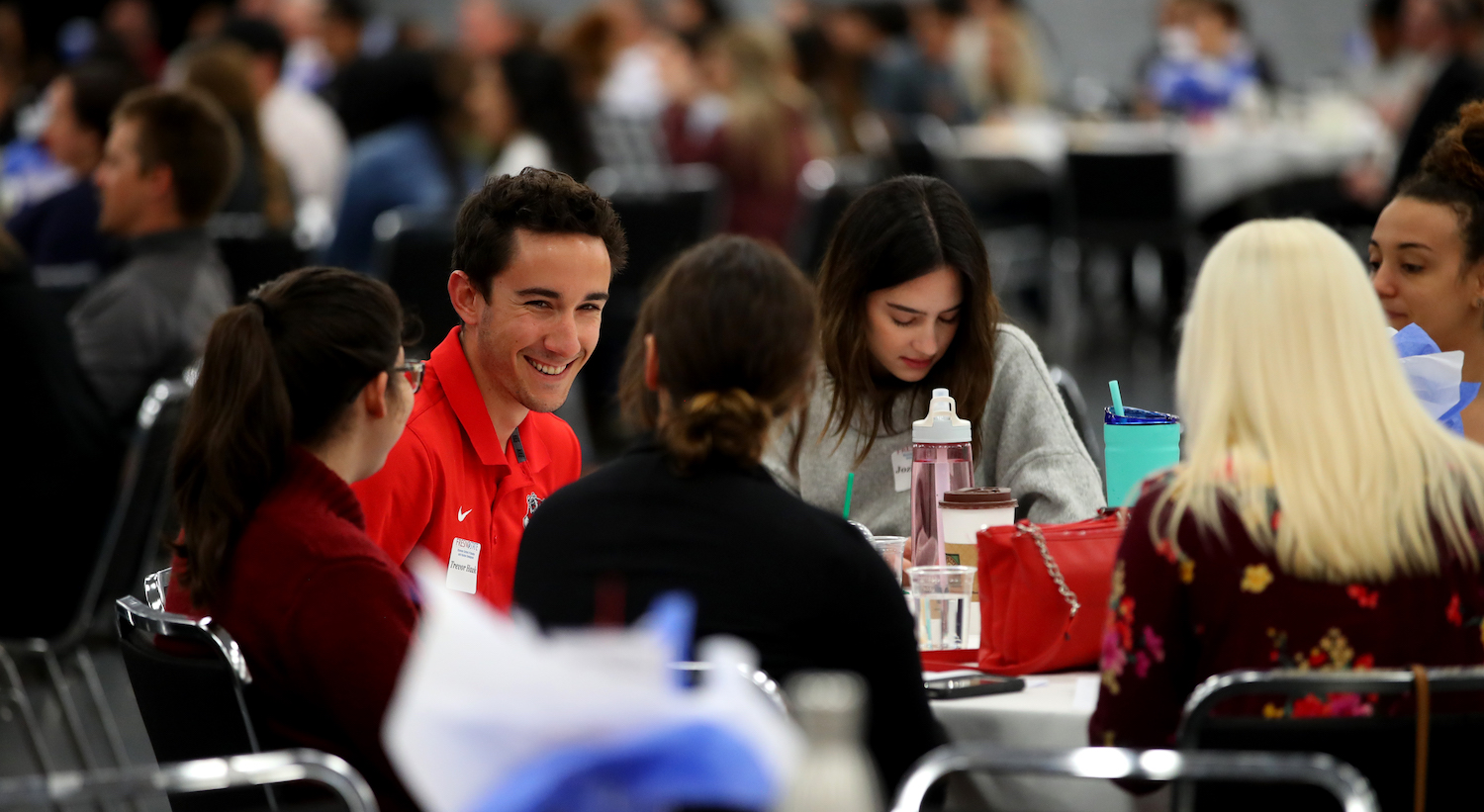Bonner Center for Character Education and Citizenship
Character and Civic Education Awards and Recognition

This conference provides hundreds of student teachers with important concepts and considerations related to the ethical implications of what teachers do as professional educators. The student teachers are provided with information on local civic agencies that assist children and families with life issues. They also receive information on the ethical issues facing today’s teachers and professionally appropriate ways of dealing with those issues, and with strategies to enhance character strengths in their students.
The Conference on Character and Civic Education reinforces the fact that our student teachers have a vital role in shaping a child’s character.
Exemplary Schools Award
| School Name and District | |||
|---|---|---|---|
|
Centerville Elementary Sanger Unified School District |
Del Rey Elementary Sanger Unified School District |
Dixieland Elementary Madera Unified School District |
Dry Creek Elementary Clovis Unified School District |
|
Duane E Furman Elementary Madera Unified School District |
Freedom Elementary Lemoore Union Elementary |
Frontier Elementary Pioneer Union E School District |
Garfield Elementary Clovis Unified School District |
|
Houghton-Kearney Elementary Central Unified School District |
John S. Walsh Elementary Sanger Unified School District |
LaVina Elementary Madera Unified School District
|
Malaga Elementary Fowler Unified School District |
|
Meadow Lane Elementary Lemoore Union Elementary |
Norman Liddell Elementary Central Unified School District |
Parkwood Elementary Madera Unified School District |
Pioneer Elementary Pioneer Union E School District |
|
Ronald W. Reagan Elementary Sanger Unified School District |
Sequoia Elementary Sanger Unified School District |
Tarpey Elementary Clovis Unified School District |
Teague Elementary Central Unified School District |
|
Woods Elementary Clovis Unified School District
|
|||
| School Name and District | |||
|---|---|---|---|
|
MLK Jr. Middle School Madera Unified School District |
Reyburn Intermediate School Clovis Unified School District |
Sanger West High School Sanger Unified School District |
Washington Middle School Sanger Unified School District |
|
Buchanan High School Clovis Unified School District |
Clovis East High School Clovis Unified School District |
Rafer Johnson Junior High Kingsburg Elementary Charter |
Madera High School Madera Unified School District |